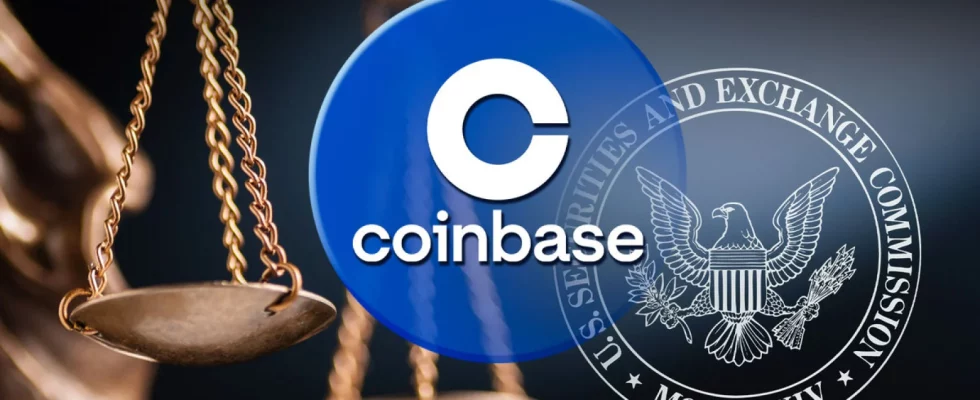In a recent landmark hearing, Judge Katherine Polk Failla scrutinized the Securities and Exchange Commission’s (SEC) position in its legal battle against the Coinbase exchange. This case is attracting the attention of both the crypto community and regulatory agencies. It was in this case that Judge Failla challenged the SEC’s interpretation of crypto assets. She also emphasized the clarity provided by the decentralized finance (DeFi) sector.
In the Coinbase and SEC case, the Judge made the SEC sweat!
Last year, the SEC accused Coinbase of engaging in unregistered securities trading and operating illegally. cryptokoin.comAs you follow from , Coinbase objected to this. The exchange requested that the case be dismissed based on the positive Ripple Labs decision. However, the SEC cited the Terraform Labs case as an example to justify its stance. Mutual actions of the parties regarding this case continue.
Judge Failla’s remarks during the last hearing indicated a critical approach towards the SEC. The judge specifically questioned the SEC’s arguments regarding the definition and treatment of digital assets. Moreover, the Judge noted that the DeFi community’s amicus brief offered a clearer explanation of staking and wallet use compared to the Commission’s brief. This recognition of DeFi’s contribution reinforces the industry’s role in the ongoing litigation.
The SEC has no counter-narrative for the legal basis of the Howey Test!
One of the main issues under discussion is whether certain transactions qualify as investment contracts. Hence the application of the Howey Test, a legal standard used to determine whether it is subject to securities laws. Judge Failla noted that in the Coinbase case, the SEC did not present a counternarrative for the legal basis of the Howey Test in its brief. He also emphasized that it raises questions about the Commission’s approach to crypto assets.
The SEC’s stance that placing tokens on the Coinbase platform could classify them as securities transactions was met with skepticism by Judge Failla, who pointed out the circular nature of this argument. Additionally, the SEC acknowledged that its complaint against Coinbase did not allege potential conflicts of interest related to its combination of exchange, clearing and brokerage services.

Court ‘SEC’ on Bitcoin’s statusI he questioned
Judge Failla asked the SEC attorney about Bitcoin’s status as a currency. Meanwhile, a remarkable moment occurred. Because the SEC avoided giving a direct answer. Moreover, the SEC’s emphasis on the unique ecosystems of other tokens led to further questioning from the judge. Judge Failla’s critical stance became evident when the SEC attorney aligned himself more closely with the Coinbase exchange’s perspective by cutting back on its characterization of tokens as mere computer code. He highlighted the SEC’s inconsistency, citing former SEC official Bill Hinman’s statement that a token is not a security in itself. He also compared this to the SEC’s current position.
The judge asked the SEC to describe their concerns. He also asked them to distinguish between managerial and ministerial roles regarding Coinbase’s operations. The judge pressed the SEC to explain what exactly was problematic about the Coinbase exchange’s actions. The SEC’s response was based on the application of the Howey test to staking. They acknowledged that Coinbase was correct in viewing staking as a complex and costly process. However, the SEC argued that these activities, despite appearing to be ministerial activities, were administrative in nature. Therefore, he stated, this also brings them within the scope of the Howey test.
To be informed about the latest developments, follow us twitter‘in, Facebookin and InstagramFollow on and Telegram And YouTube Join our channel!
